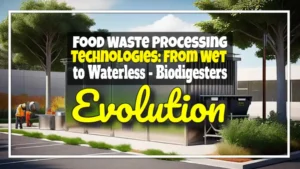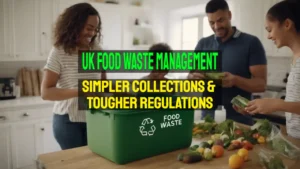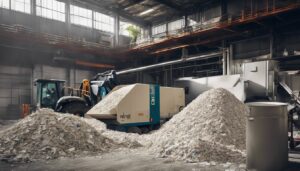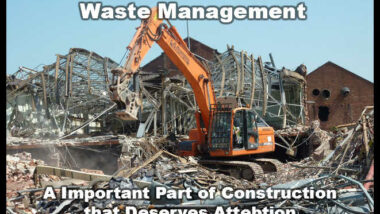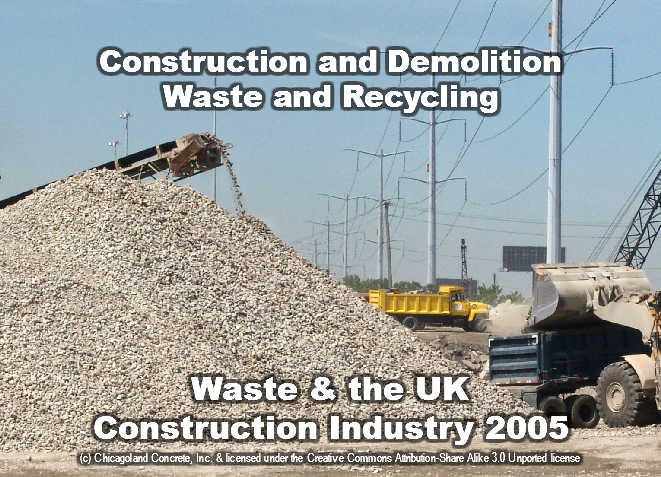 In tonnage terms construction and demolition waste is the UK's largest waste stream accounting for 90 Million tonnes of material per year in England and Wales alone. To drive the recovery of demolition material and the use of recycled materials in new structures, ICE, working with London Remade and Envirocentre has developed the Demolition Protocol (Executive Summary, Implementation and Report). Currently (in 2014) being trailed by the London Borough of Brent the Protocol shows how the planning system can be used to Improve the resource efficiency of construction.
In tonnage terms construction and demolition waste is the UK's largest waste stream accounting for 90 Million tonnes of material per year in England and Wales alone. To drive the recovery of demolition material and the use of recycled materials in new structures, ICE, working with London Remade and Envirocentre has developed the Demolition Protocol (Executive Summary, Implementation and Report). Currently (in 2014) being trailed by the London Borough of Brent the Protocol shows how the planning system can be used to Improve the resource efficiency of construction.
[box type=”alert” style=”rounded” border=”full”]This article was written in 2004/5 and is included as it remains topical, however, the reader must ensure that all information is checked as no formal update has been carried out.[/box]
Use the Aggregain Web Site for Construction Waste Recycling
WRAP: The Waste & Resources Action Group is a UK government body funded (from landfill taxes). Their web site www.aggregain.org.uk is the UK’s leading source on recycled and secondary aggregates (RSA).
This resource is free, independently written, and is designed to help provide producers, specifiers, buyers and users, with all the information needed to make the best production and procurement decisions.
Of course WRAP also hopes that by assisting construction waste producers to process this material and sell it as RSA on the one hand, and the potential users to specify it and find useful uses for it, on the other: the aim of sustainability will be satisfied.
At the same time the need for fresh aggregates from quarries should be reduced, with accompanying reductions in energy use, road traffic, and landfilling.
Hazardous Waste and the Construction Industry
The Institution of Civil Engineers has prepared guidance for hazardous waste generated from this industrial sector, after major changes come into force in July 2004.
Click here to download an Acrobat (pdf) file titled Hazardous Waste and the Construction Industry. (You will need Adobe Acrobat Reader to view this file.)
Growing Use of Recycled Aggregates
According to government figures the use of recycled aggregates has increased in 2002 to an estimated 39.6 million tonnes, from 36.42 million tonnes in 2001.
According to the Buildings Research Establishment (BRE) the UK wastes tonnages arising from construction and demolition were slightly larger at 94 million tonnes annually in 2002. The total annual material resource requirement for UK construction is an estimated 424 million tonnes, according to BRE, putting the waste arising from construction and demolition at 22% of materials used.
Construction Waste Management and Sustainable Construction
As environmental awareness grows a new discipline is starting to emerge, which is known as Sustainable Construction.
Throughout all commercial activities sustainability is being recognised as being of increasing importance for the efficient, effective and responsible operation of business. This is especially true for construction where particular big gains to the environment can be achieved.
Construction has a huge impact on the nature, function and appearance of our surrounding both urban and rural. If follows that construction makes a huge contribution to everyone's quality of life. Sustainability principles in action should enhance the the positive impacts the activities of this work.
Pollution is certainly not sustainable and major sources can occur during the construction process from waste materials, noise, vehicle emissions, and releases into atmosphere, ground & water.
But perhaps the biggest non-sustainable aspect of construction comes from the industry’s non-renewable energy use resulting from the industries products. Energy produced from non-renewable sources & consumed in building services accounts for approximately 50% of UK CO2 emissions, contributing to climate change, and adding to pollution.
This needs to change in a big way if we are to achieve the UK government's target of a 60% reduction in (the 1990 level of) emissions by 2050. (Source DTi.)
Sustainable construction is defined here at the DTi’s web site, with a lot more information besides.
CIRIA has a useful web site “Supporting Waste Reduction and Resource Sustainability”.
The Institution of Civil Engineers Waste Management Board has also worked with Envirocentre and Forward Scotland to produce Planning for Resource Sustainable Communities: Volume 1 Waste Infrastructure and Management a code of practice for the planning and design of waste and resource management facilities within the built environment in the UK.
Waste Aware Construction: Use Coloured Skips
The Institution of Civil Engineers (ICE) in collaboration with the Construction Confederation and the Scottish Waste Awareness Group (SWAG) have launched a new, easy and simple initiative to tackle construction waste by introducing colour-coding for skips. (November 2006 – Sorry, this site is no longer available.)..
The Circular Economy In Fashion: Making Clothes Sustainable
Fast fashion fills our wardrobes, but most clothes end up in landfills within a year. Introducing the concept of the circular economy in fashion. It's the best hope for making our clothes sustainable. The global clothing industry creates over 92 million tonnes of waste each year, making it one of Earth's biggest polluters. A circular […]
The Evolution of Food Waste Processing Technologies: From Wet to Waterless Biodigesters
Read on for the latest news on the development of wet and waterless biodigesters as a means of processing Food Waste. As food waste management becomes an increasingly pressing issue for environmental sustainability, the evolution of waste processing technologies has been a game-changer in how we handle organic material. For decades, the food waste processing […]
The Future of UK Food Waste Management – Simpler Collections and Tougher Regulation
The future of UK food waste management will be a big push toward higher recycling rates through simpler collection and far greater consistency across the nations, helping citizens understand how to be green and recycle more organic waste. As the UK continues to advance its environmental goals, recently announced government policies aimed at simplifying waste […]
The Ultimate Guide To Recycling Plasterboard: How To Dispose Of Plasterboard Waste Properly
Plasterboard is a popular building material used in homes and offices. It's light, strong, and easy to work with. But when it turns into waste, we can't just throw it away like old food wrappers. Rules say plasterboard must not mix with other trash because it can harm the environment. Luckily, clean plasterboard can go […]




